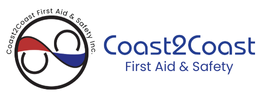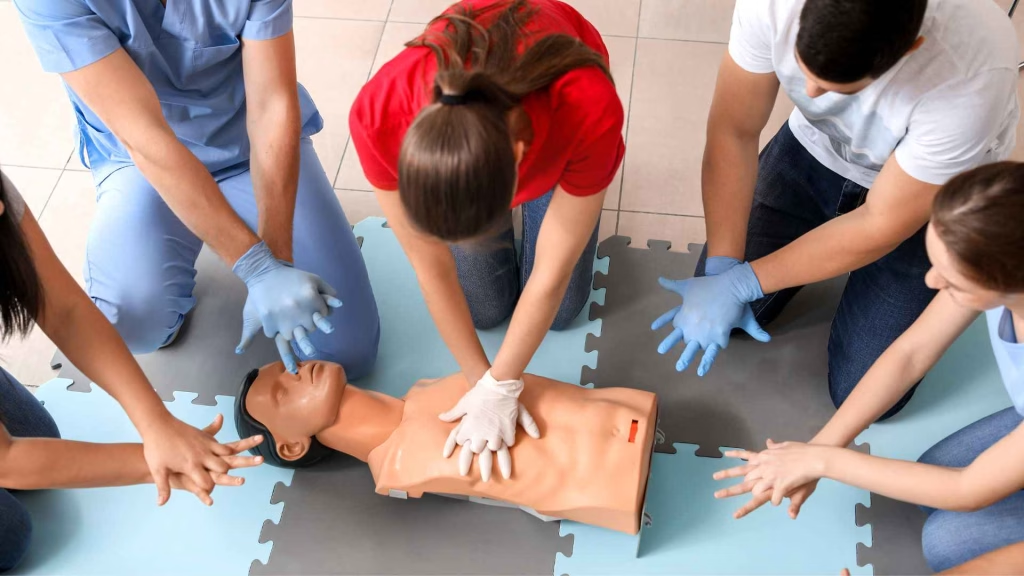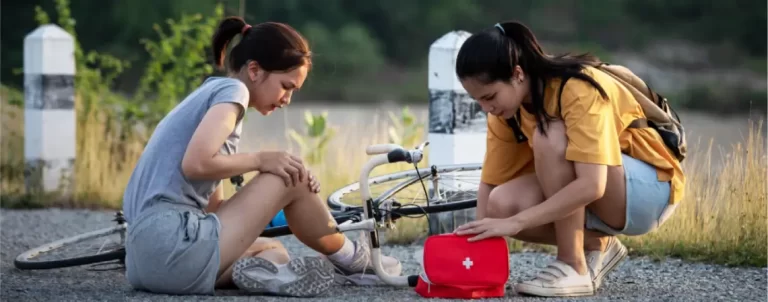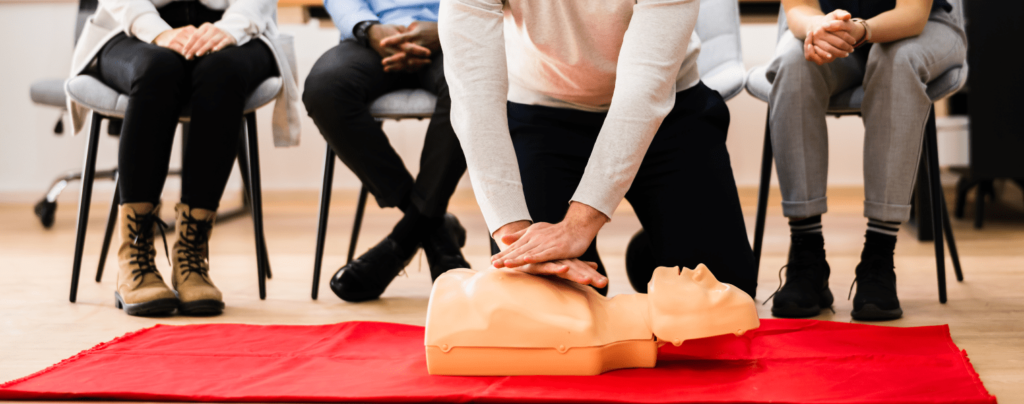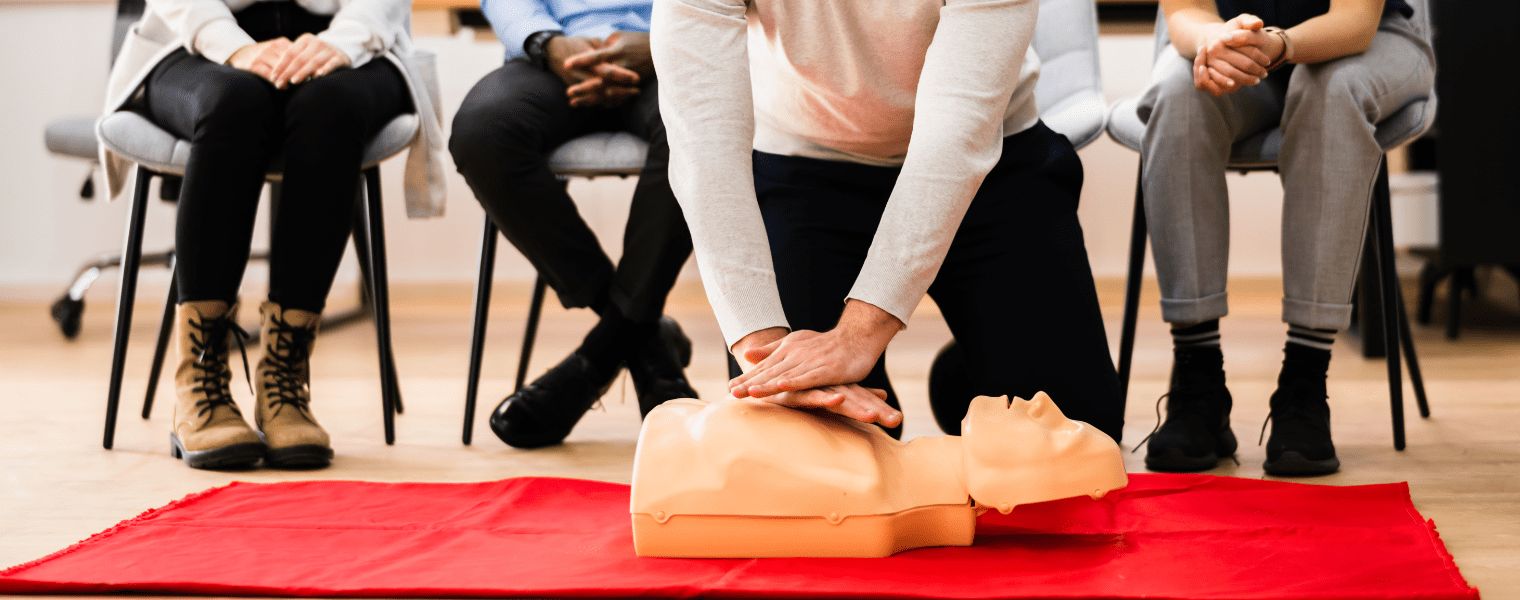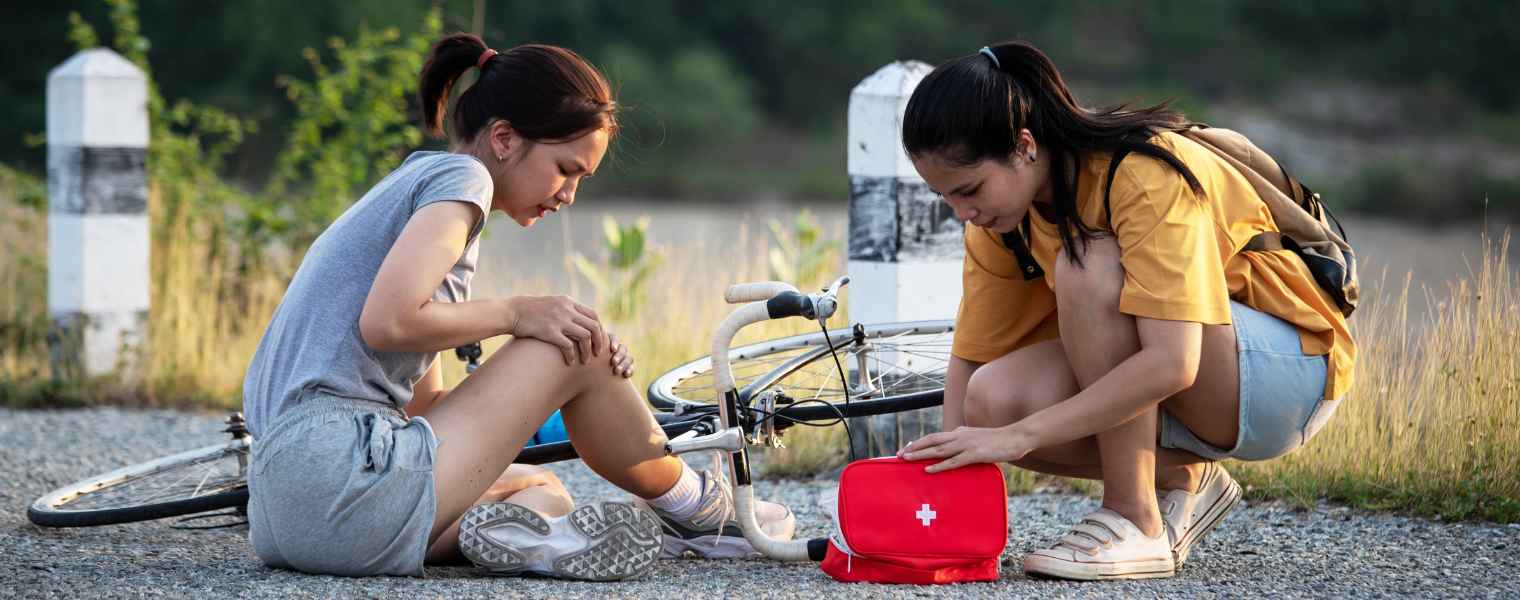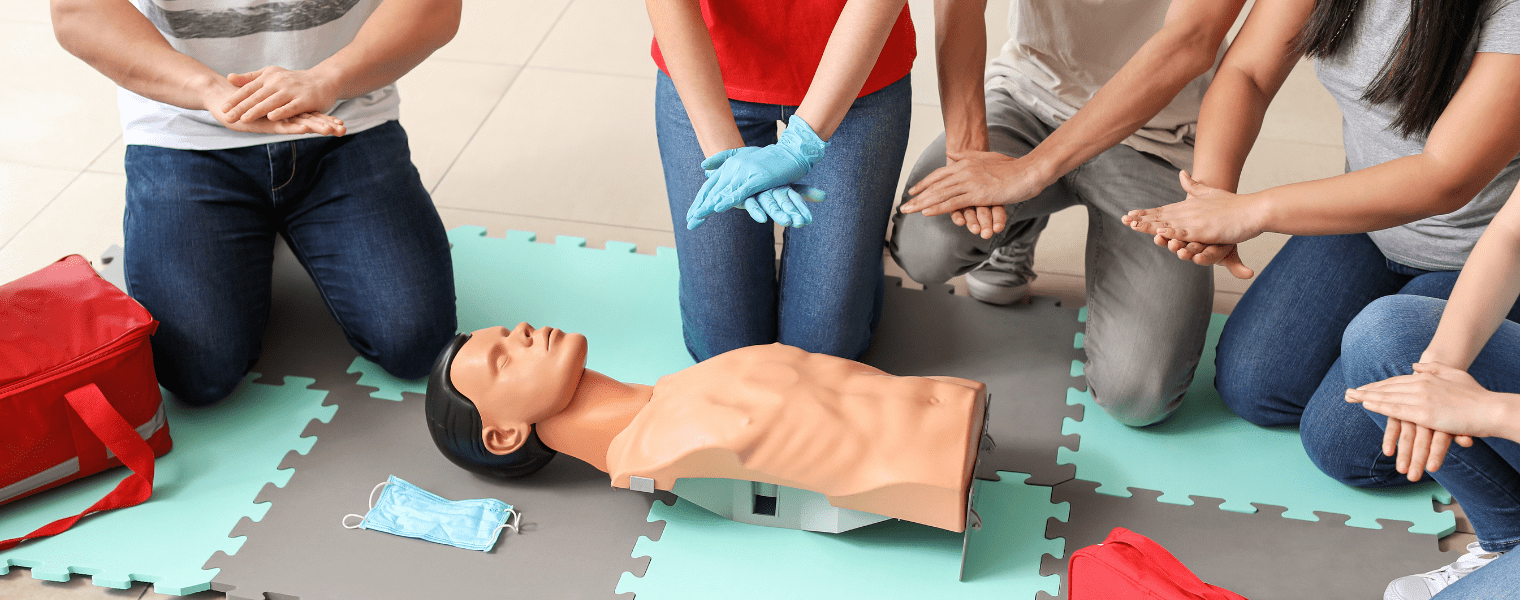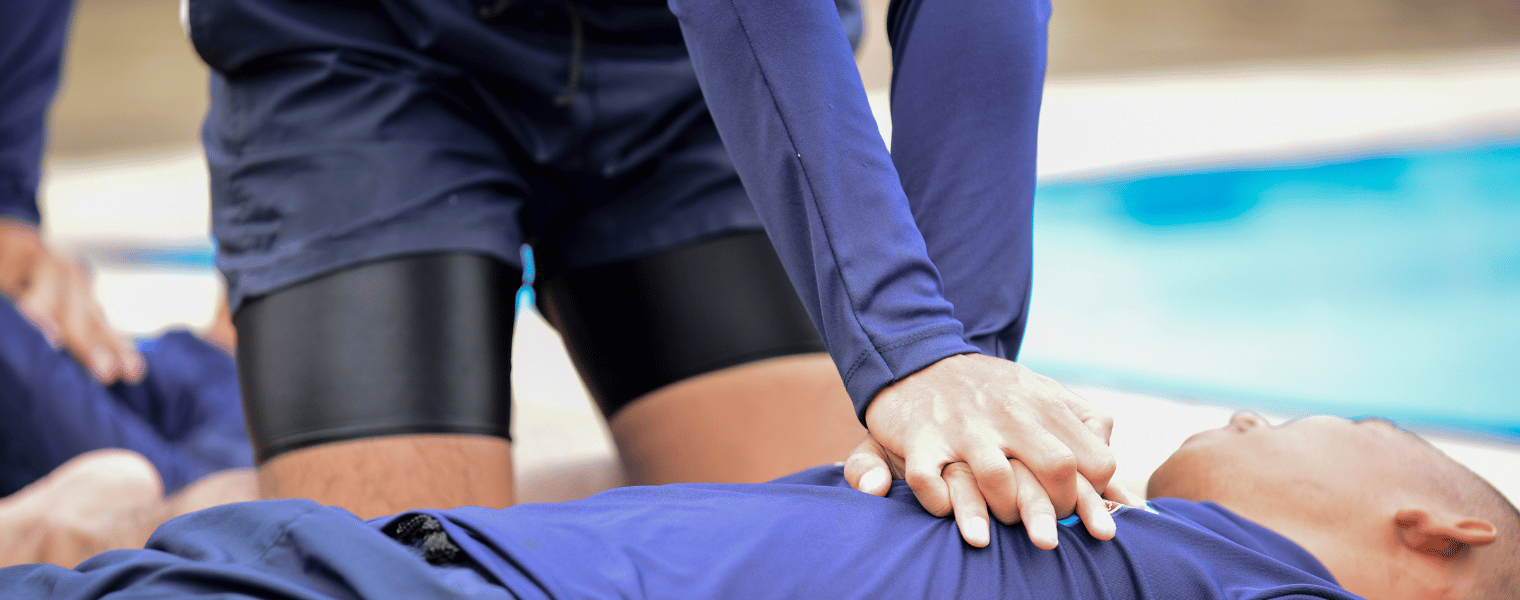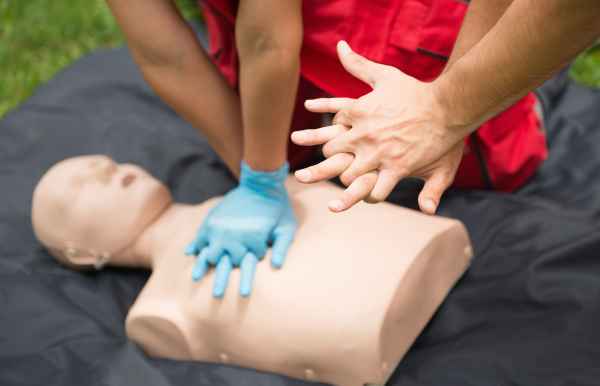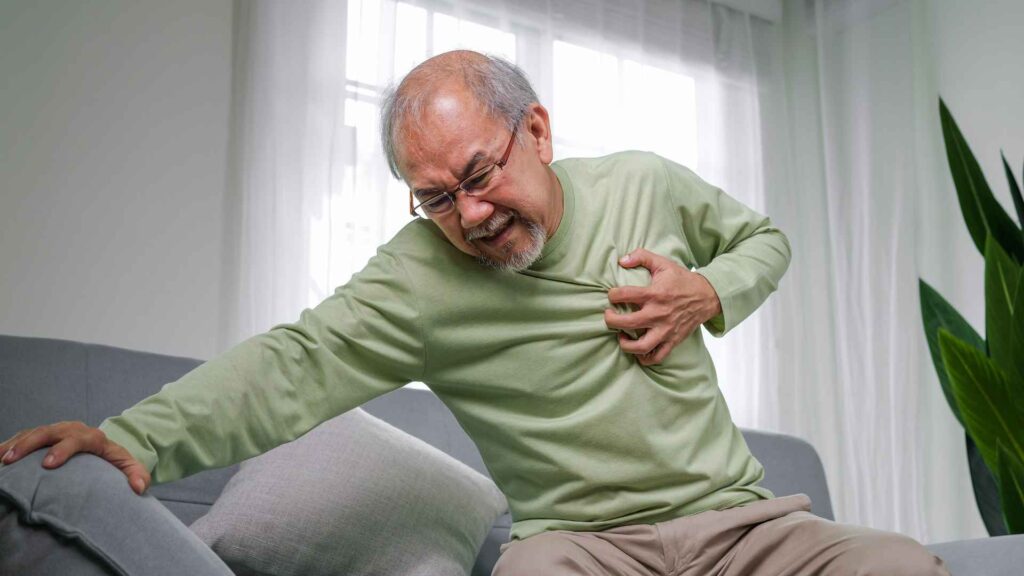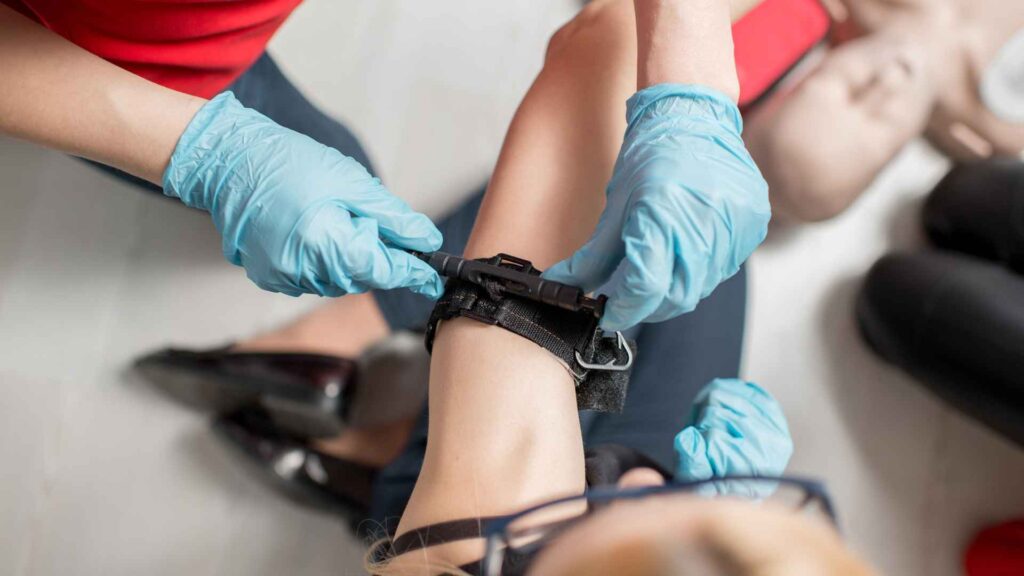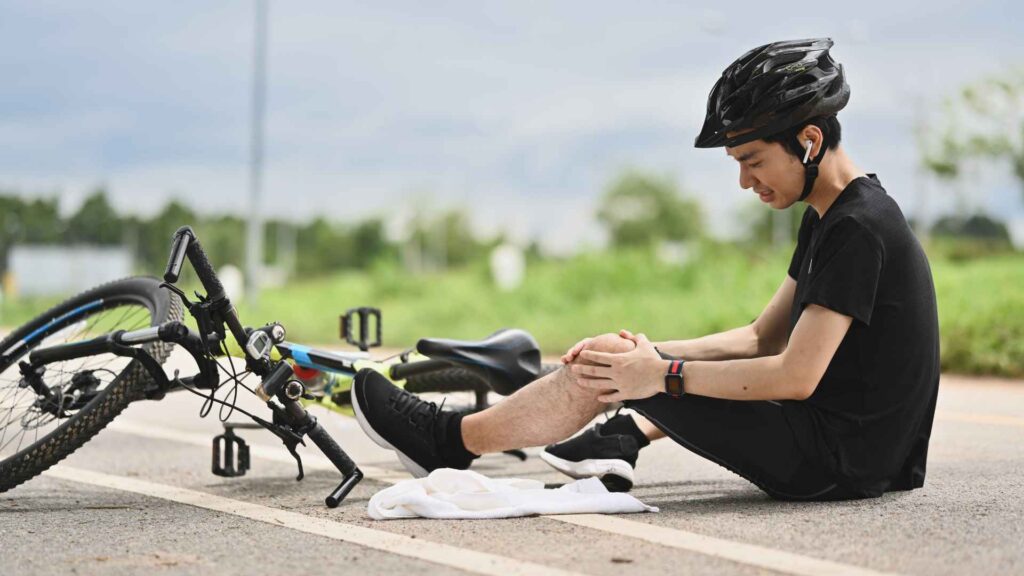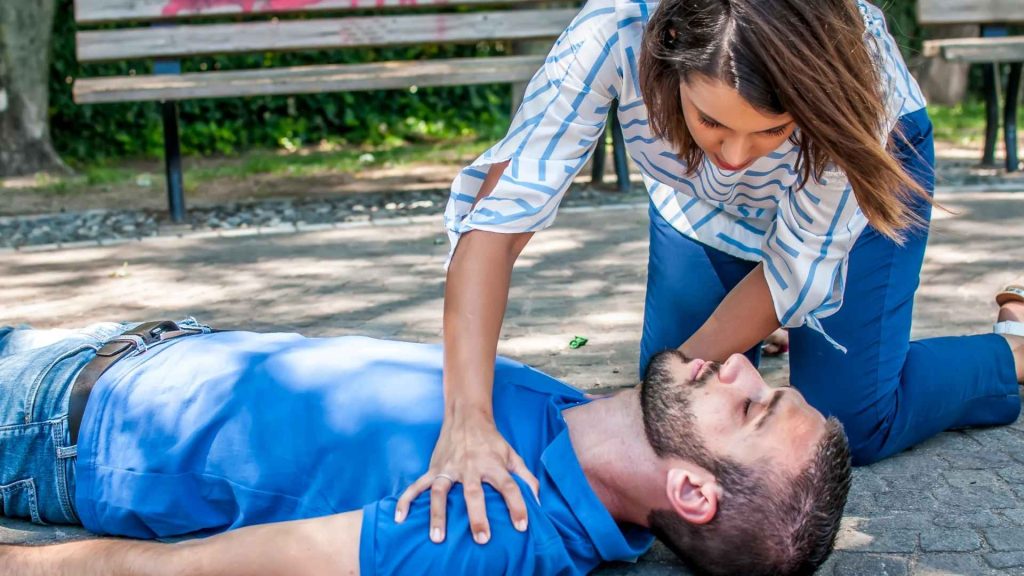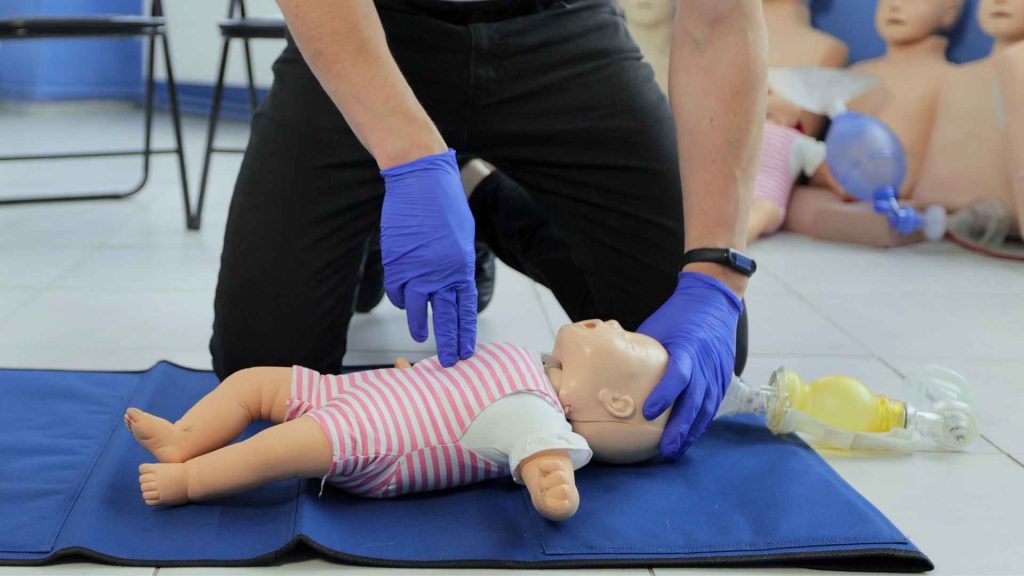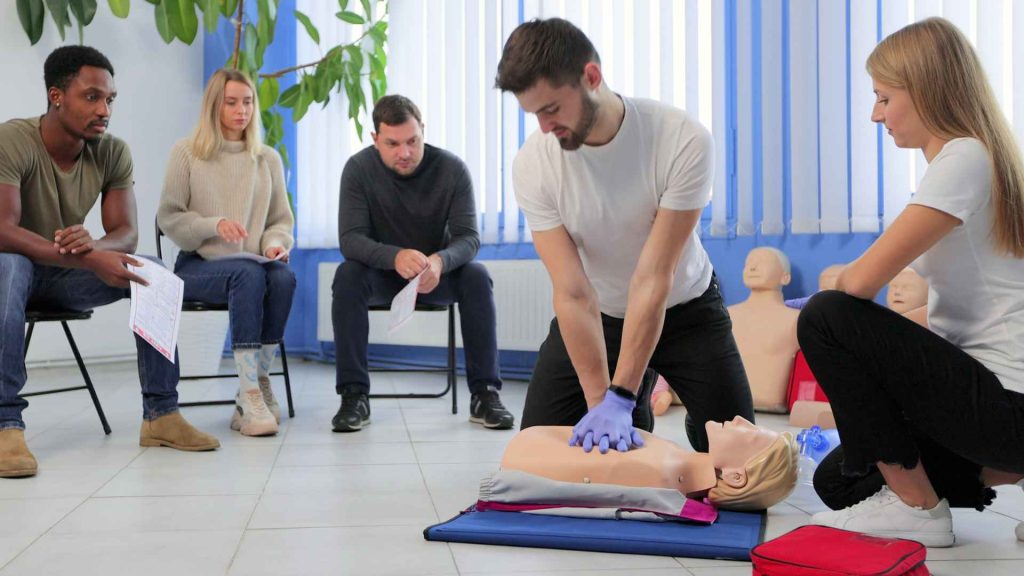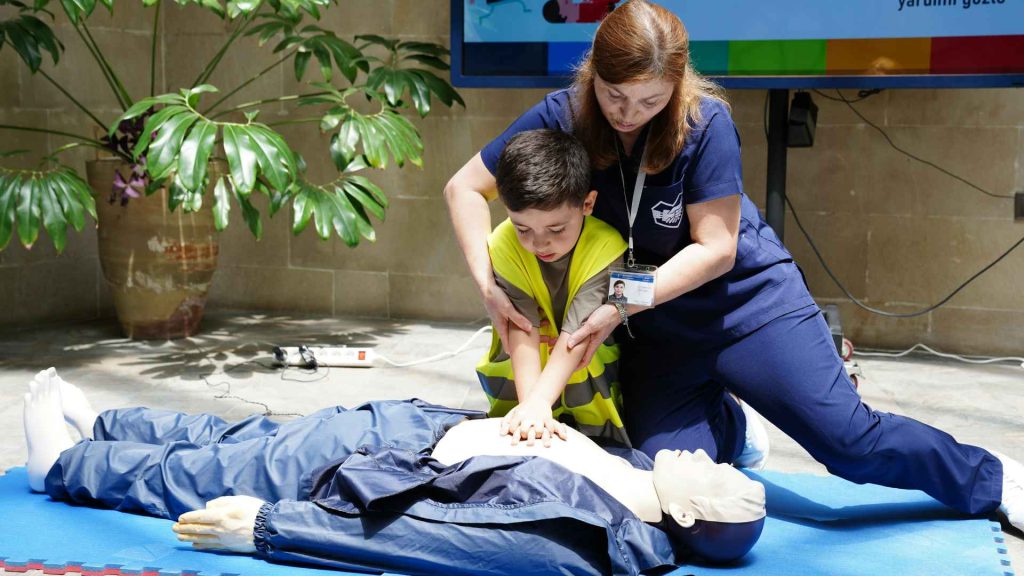When it comes to emergencies, every second counts. Cardiopulmonary resuscitation (CPR) is one of the most effective ways an everyday person can step in and save a life. Whether you need CPR certification for work, school, or simply want to be prepared for the unexpected, one of the first questions people ask is: How long does it take to get certified for CPR?
Whether you’re looking to get CPR certified in Los Angeles, Glendale, or anywhere else in the U.S., the process is quicker and easier than most people realize. In fact, most people can complete a course and earn certification in just a few hours.
What Does CPR Certification Mean?
CPR certification means you have completed an official training course, passed the required skills evaluation, and received a certificate (or digital certification card) from a recognized provider such as the American Red Cross.
This certification shows employers, schools, or organizations that you are trained and qualified to respond to cardiac emergencies. It’s commonly required for:
- Healthcare workers (BLS certification)
- Teachers and childcare workers
- Lifeguards and fitness instructors
- Security staff
- Every day individuals who want to be prepared
Register for CPR Training
How Long Does a CPR Course Take?
The CPR certification time depends on the type of course you choose. At Coast2Coast First Aid & Safety, an American Red Cross training partner, you’ll typically find:
- Adult CPR/AED (general public): ~2-2.5 hours
- Adult & Pediatric CPR/AED: ~3.5-4 hours
- First Aid + CPR/AED: ~4–6 hours
- Basic Life Support (BLS) for Healthcare Providers: ~4–5 hours
Most classes are completed in a single day, and certification is issued immediately upon successful completion.
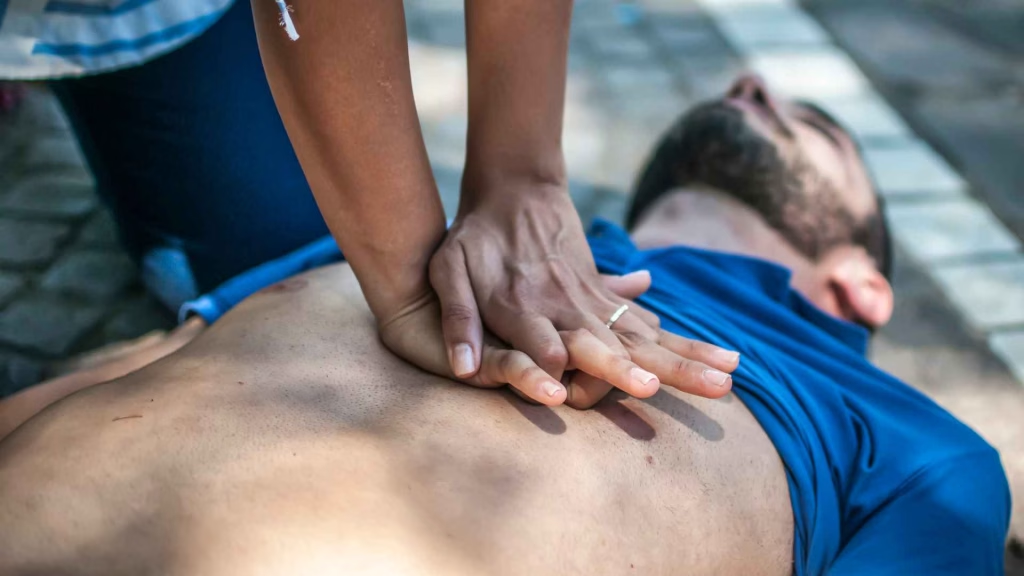
Blended Learning vs. In-Person CPR Training
If you want to complete your CPR training course through an American Red Cross training partner like Coast2Coast First Aid, we offer both in-person classes and blended learning courses.
- In-person: The entire class is taught by an instructor in the classroom.
- Blended learning: The online portion (completed at home at your own pace) covers theory, while the in-person session focuses on hands-on skills practice and testing.
Choosing blended learning can reduce your in-class time while still meeting all certification requirements.
How Long Does CPR Certification Last?
With the American Red Cross, CPR certification is valid for two years from the date of course completion.
Before it expires, you’ll need to take a recertification course to stay current. It’s essential to keep your certification valid for jobs and school programs to avoid dismissal.
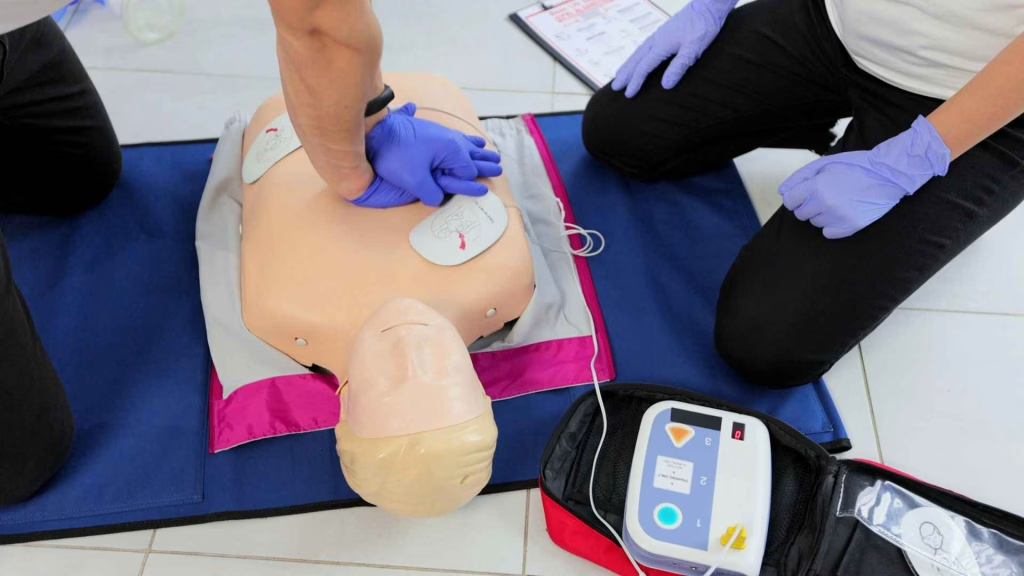
Factors That Affect CPR Certification Duration
Several things can affect how long CPR training takes, including:
- Course type: Basic CPR, CPR + First Aid, or BLS for healthcare providers.
- Training format: In-person or blended learning.
- Provider schedule: Some locations may run longer or shorter sessions.
Group size and pace: Classes may move faster or slower depending on participants.
How to Get CPR Certified Quickly
If you’re short on time, here are a few tips:
- Choose blended learning so you can complete the online portion ahead of time.
- Book with an accredited provider like Coast2Coast First Aid & Safety to ensure same-day certification.
- Look for frequent class schedules to find the next available session near you.
For busy professionals in major cities like Los Angeles and Glendale, choosing a blended CPR course can reduce classroom time while still meeting American Red Cross certification requirements. With options as short as two hours, getting CPR certified is one of the fastest ways to learn a skill that could save someone’s life.
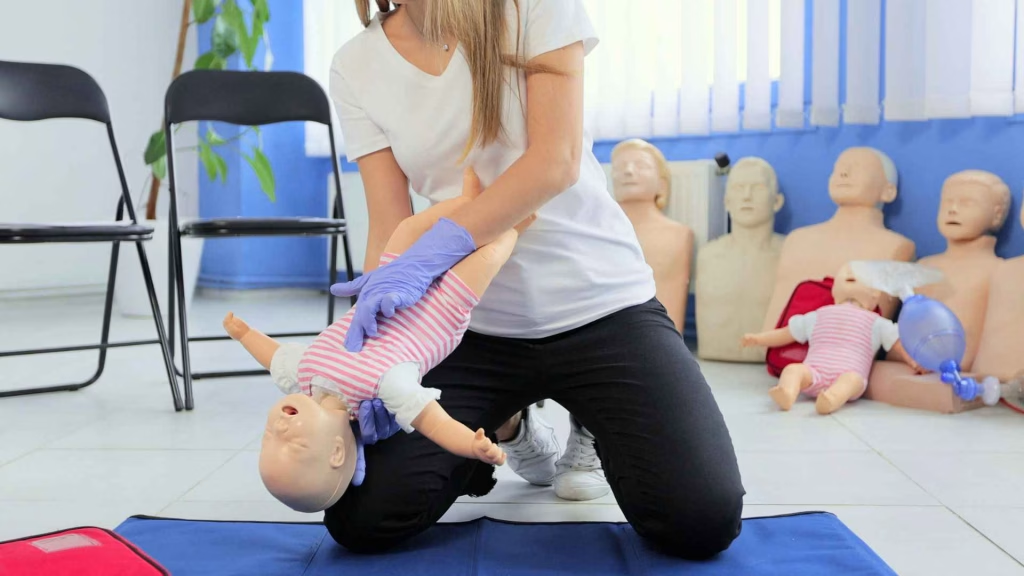
Final Thoughts
So, how long does it take to become CPR certified? In Los Angeles, Glendale, and across the U.S., the answer is just a few hours. With certification valid for two years, the time investment is small compared to the peace of mind and preparedness it provides.
Whether you need CPR for your career, education, or personal confidence, our team at Coast2Coast First Aid & Safety makes it easy to get trained, tested, and certified — often in a single day. Select a CPR training location near you and get certified today!
